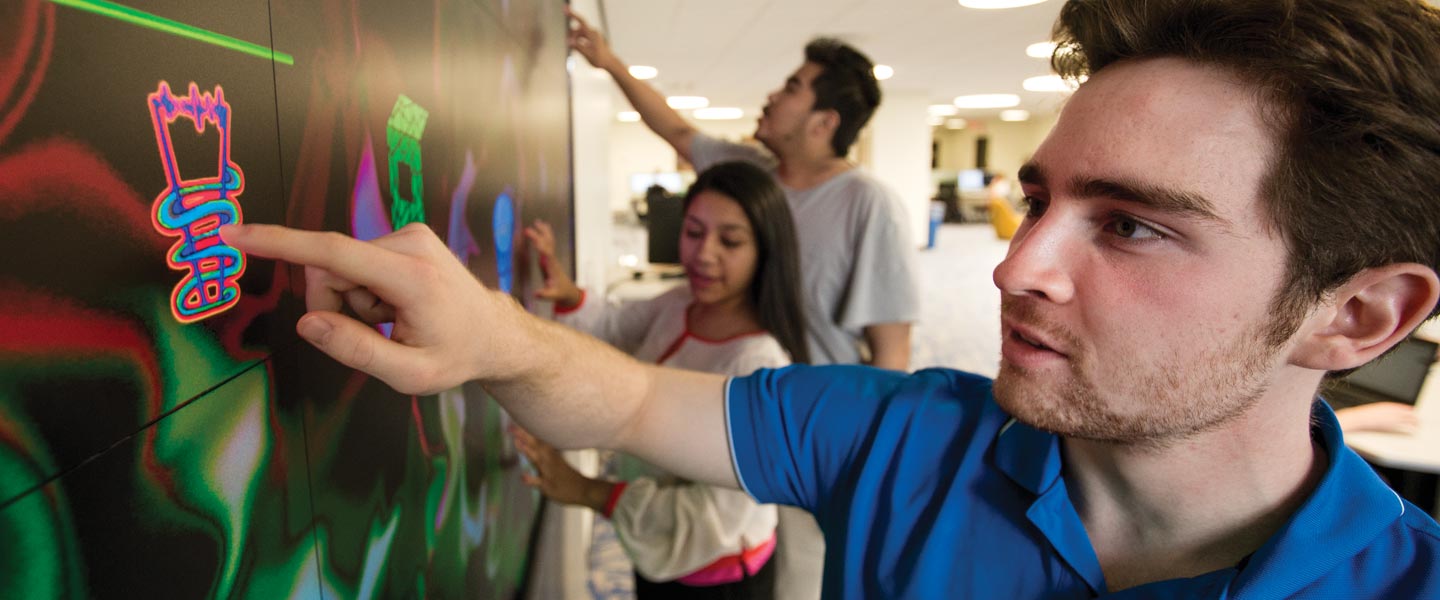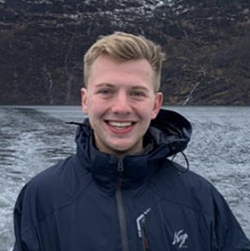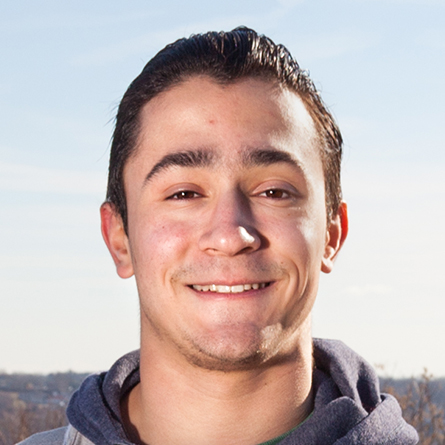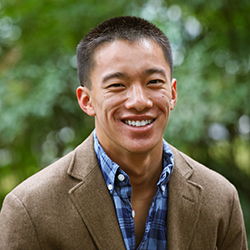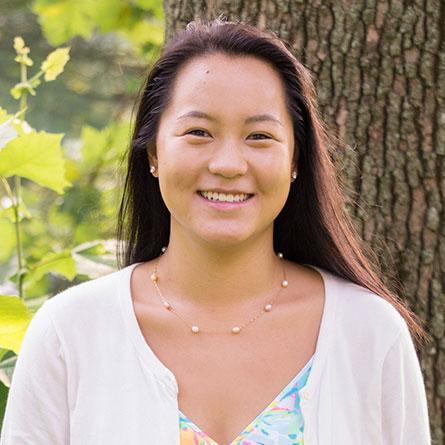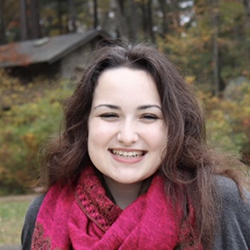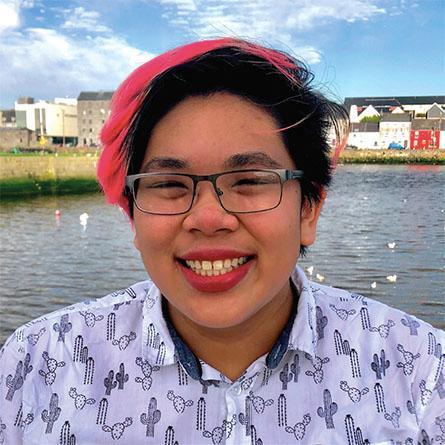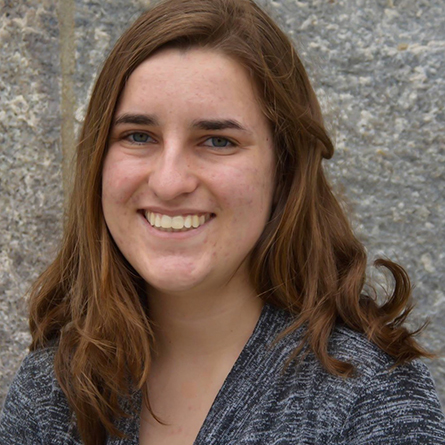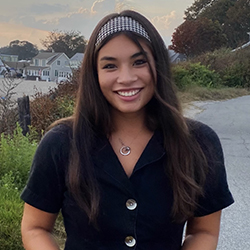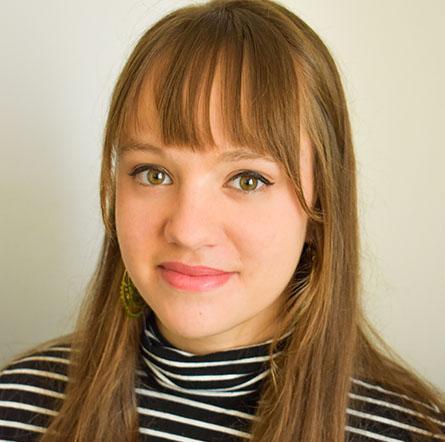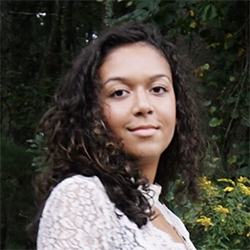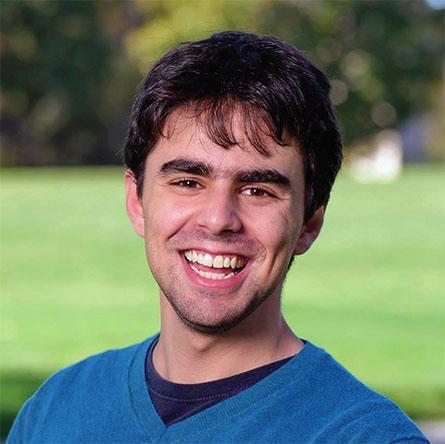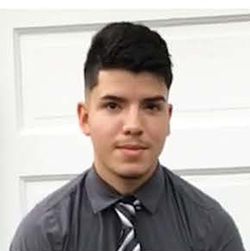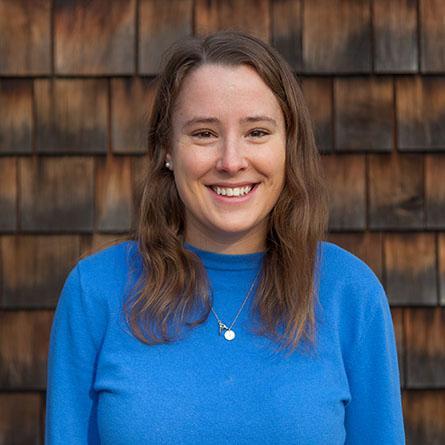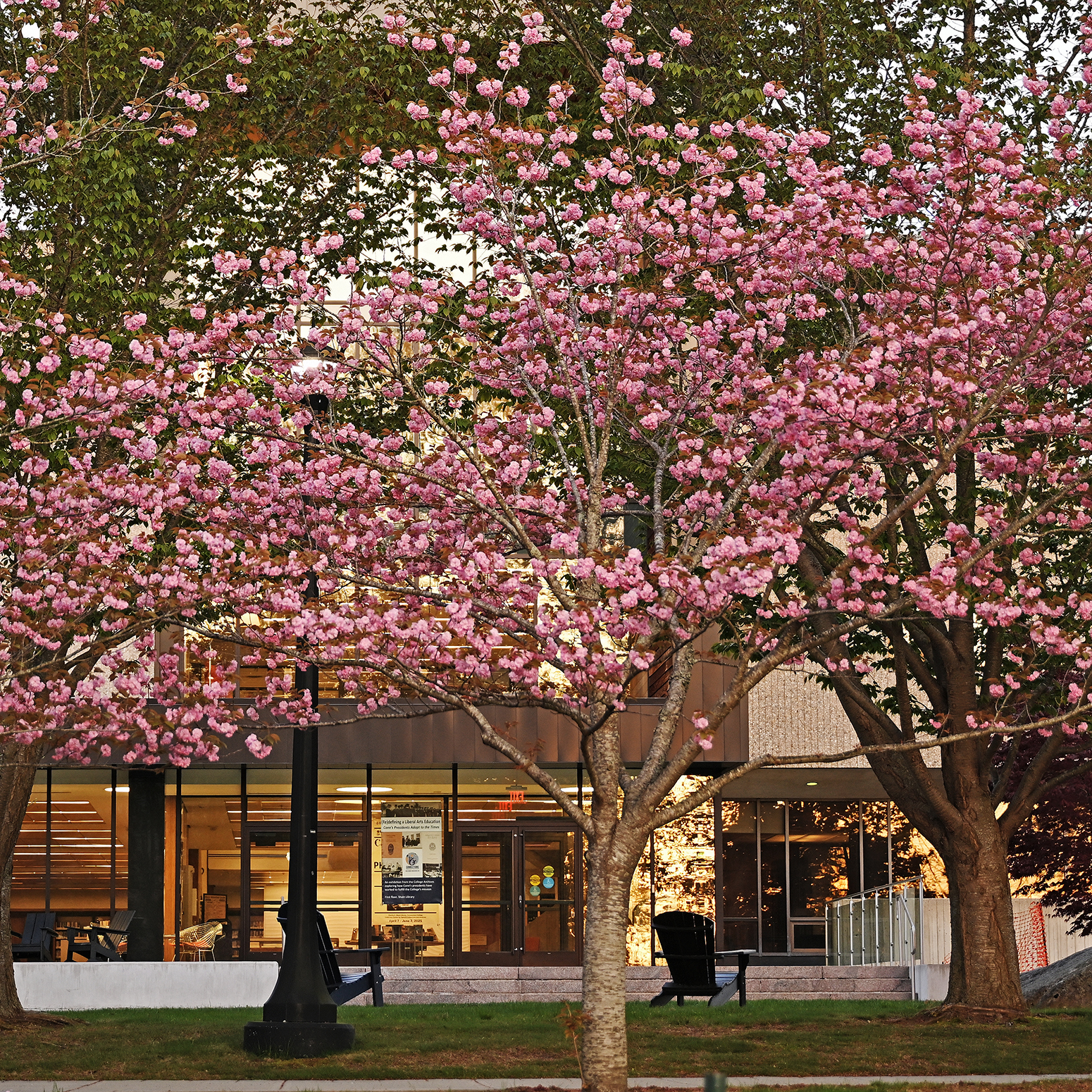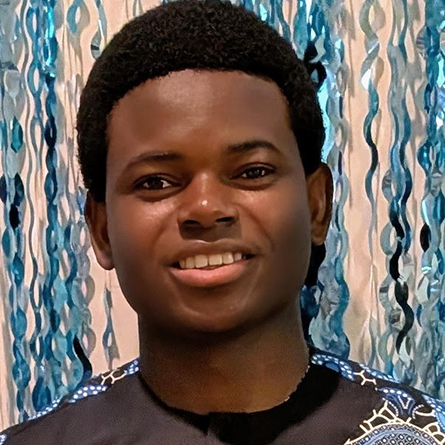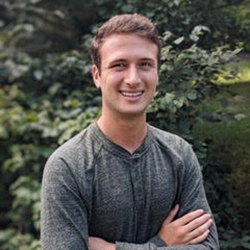
Koby Giglietti ’21
Entrepreneurship Pathway
Koby, an environmental studies major and economics minor, describes his experience in the Entrepreneurship, Social Innovation, Value and Change Pathway as nothing short of amazing. “The Pathways allow students to analyze a central question and look at that theme through multiple avenues of academic learning. Mine gave me the opportunity to analyze sustainability through an entrepreneurship lens,” he said. Through his coursework, Koby completed hands-on projects that included creating business plans and launching solutions to real problems. He studied abroad in Granada, Spain; interned for a start-up dedicated to reducing food waste in dining facilities and volunteered at an organization delivering fresh produce and groceries to immunocompromised and individuals with disabilities during the COVID-19 pandemic. All of his experiences helped him hone his animating question, which connects food insecurity in food dessert/ apartheid communities with urban gardens and farms. After graduation, Koby plans to pursue a career in environmental consulting.
